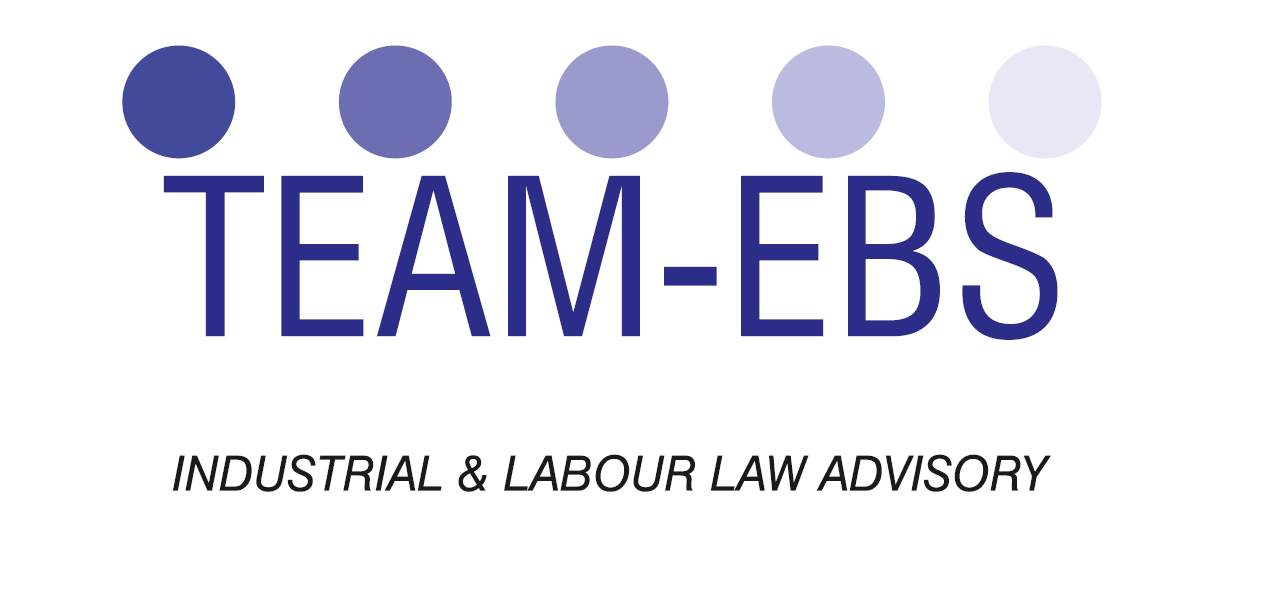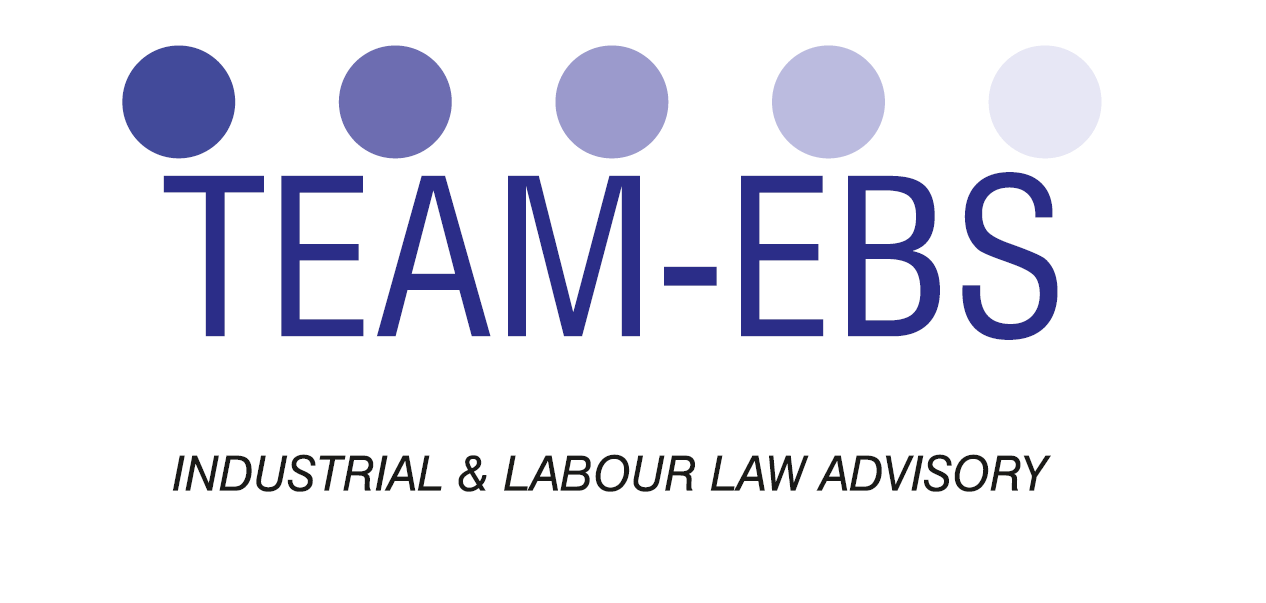
Streamlining Statutory Compliance: Automated AI Solutions for Quick Reminders and Efficient Liasoning
we'll explore how AI can streamline the process of managing statutory compliances, providing easy reminders, and facilitating quick Liasoning.

Meaning and Importance of Statutory Compliance
Statutory compliance refers to the act of adhering to the laws, regulations, rules, and guidelines established by governmental authorities or regulatory bodies. These regulations are legally mandated and must be followed by individuals, businesses, organizations, or other entities operating within a particular jurisdiction or industry.Failure to comply with statutory requirements can result in legal consequences, such as fines, penalties, sanctions, or even imprisonment in some cases. Therefore, businesses and individuals must stay informed about relevant laws and regulations and ensure that they are implemented and followed appropriately to avoid legal liabilities and reputational damage.
Challenges in Managing Statutory Compliance
Managing statutory compliance in India presents several challenges, owing to the country's complex regulatory environment and diverse legal framework. Some of the key challenges include:Complexity of Laws: India has a vast and intricate legal system, with multiple laws, regulations, and statutes at the national, state, and local levels. Navigating through this complexity and ensuring compliance with all relevant laws can be daunting for businesses.
Constantly Changing Regulations: Laws and regulations in India are subject to frequent amendments, updates, and new enactments. Staying abreast of these changes and ensuring compliance with the latest requirements poses a significant challenge for organizations. Diverse State Regulations: India is a federal country with each state having its own set of rules and regulations, especially in areas like labor laws, taxation, and business licensing. Managing compliance across different states adds complexity and requires a nuanced understanding of local laws.
Lack of Awareness and Training: Many businesses, especially small and medium-sized enterprises (SMEs), may lack awareness about specific statutory requirements or may not have access to adequate resources for compliance management. Training employees on relevant laws and regulations is crucial but often overlooked. Resource Constraints: Compliance management requires dedicated resources, including personnel, time, and financial investment. SMEs, in particular, may struggle to allocate sufficient resources for compliance activities, leading to gaps in adherence to statutory requirements.
Manual Processes and Paperwork: Traditional methods of compliance management relying on manual processes, paperwork, and spreadsheets are prone to errors, inefficiencies, and delays. Adopting digital solutions for compliance tracking and reporting is essential but may pose challenges for organizations with limited technological capabilities.
Enforcement Challenges: While India has robust laws and regulations, enforcement mechanisms vary in effectiveness across different jurisdictions. Inconsistent enforcement and corruption in regulatory agencies can create challenges for businesses striving to maintain compliance.
Cross-border Compliance: For multinational corporations operating in India, ensuring compliance with both Indian laws and regulations of their home country or other jurisdictions adds another layer of complexity to compliance management.Addressing these challenges requires proactive measures, including investment in technology, regular training and awareness programs, engaging with legal experts, and developing robust compliance frameworks tailored to the specific needs of each organization.
Compliance requirements are complex and constantly changing due to diverse State Regulations.
Manual tracking of compliance deadlines is time-consuming and prone to errors.
Lack of centralized systems leads to inefficiencies in liasoning with regulatory bodies.
Introduction to Automated AI Solutions
Automated AI Compliance solutions utilize artificial intelligence and machine learning algorithms to streamline compliance management.
These solutions offer features such as automated reminders, real-time updates on regulatory changes, and seamless Liasoning capabilities.
Key Features of AI-Based Compliance Solutions
Automated Reminders: Set reminders for compliance deadlines and receive notifications to ensure timely action.
Regulatory Updates: AI algorithms monitor regulatory changes and provide real-time updates to keep businesses informed.
Document Management: Centralized repository for storing compliance documents, accessible anytime, anywhere.
Analytics and Reporting: Generate reports on compliance status, trends, and potential risks for informed decision-making.
Liasoning Tools: Facilitate communication and collaboration with regulatory bodies through integrated communication channels.


Benefits of AI-Based Compliance Solutions
Time and Cost Savings: Automation reduces the time spent on manual tracking and decreases the risk of non-compliance penalties.
Accuracy and Reliability: AI algorithms ensure accuracy in compliance tracking and provide reliable information on regulatory changes.
Proactive Compliance Management: Automated reminders and real-time updates enable proactive compliance management, reducing the likelihood of missing deadlines.
Enhanced Liasoning: Seamless communication tools facilitate better interaction with regulatory authorities, fostering a collaborative compliance environment.
Implementation Considerations
Integration with existing systems: Ensure compatibility with existing ERP or CRM systems for seamless data exchange.
Customization: Tailor the solution to meet specific industry or organizational requirements.
Training and Support: Provide training to users and ongoing support for optimal utilization of the AI-based compliance solution.
Conclusion
Automated AI-based solutions offer a transformative approach to managing statutory compliances.
By leveraging AI technologies, businesses can streamline compliance processes, receive timely reminders, and enhance liasoning with regulatory bodies.
Embracing automation is key to staying compliant in today's dynamic regulatory landscape
Subscribe to " TEAM EBS"
SEE WHAT THEY SAY
“TEAM EBS” provides standard solutions which help businesses of all types and sizes to handle industrial relations successfully. It addresses awkward situations that can arise while managing people at the workplace.
"TEAM EBS ADVISORY" can be a excellent business compliance partner since a team of experts provides end to end solutions and precautionary measures to be taken in various subjects like Factories Act, Shops Establishment Act, Employees Provident Fund, ESI, Gratuity, Minimum Wages & Payment of wages Act, Sexual Harassment of Women at Workplace etc
ANNUAL SUBSCRIPTION
Starts From
Rs. 2500/-
FROM JANUARY - DECEMBER
Subscribe to “TEAM EBS” Advisory & Compliance Services and ensure total compliances under Labour & Industrial Laws.

ACCELERATE YOUR BUSINESS COMPLIANCE JOURNEY WITH GOA’S LEADING AND MOST TRUSTED COMPLIANCE & PAYROLL SUPPORT PARTNER
Quick Links
Home
About US
Contact US
Services
Testimonials
AI Compliance
Contact Info
SOUTH GOA OFFICE: 308, Reliance Magnum, 3rd Floor, Madel Margao Goa. 403601
NORTH GOA OFFICE: P-12,CITI CENTRE ,Patto Business Centre, Nr KTC Bus Stand ,Panaji Goa 403001
Email ID: support@ebsgoa.com /ebsgoa@yahoo.in